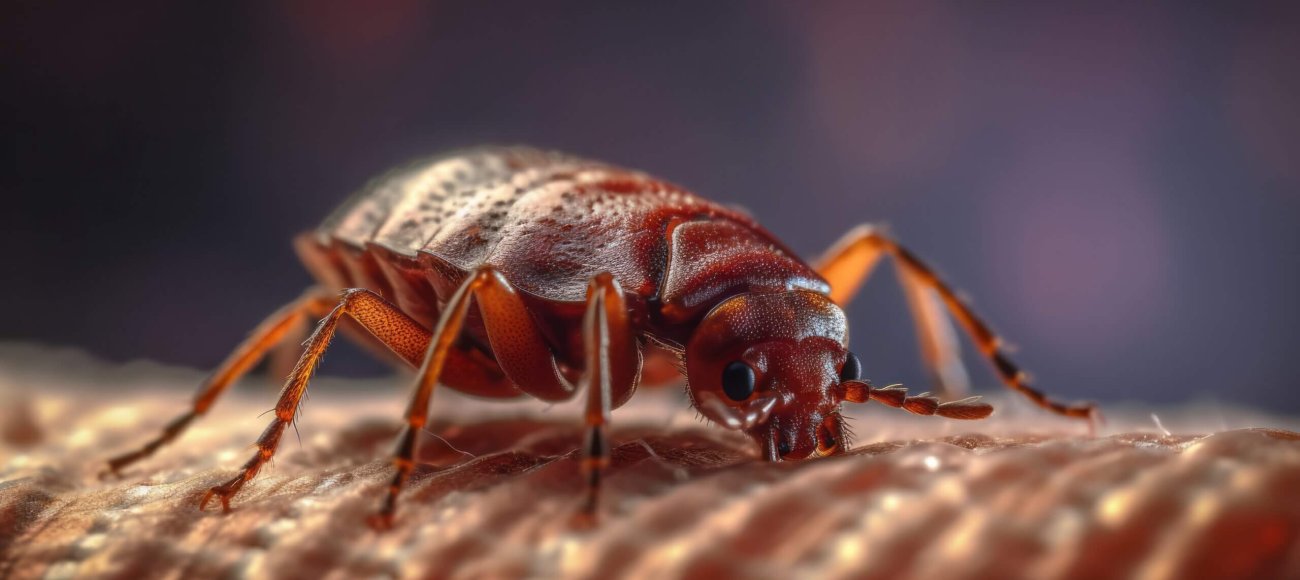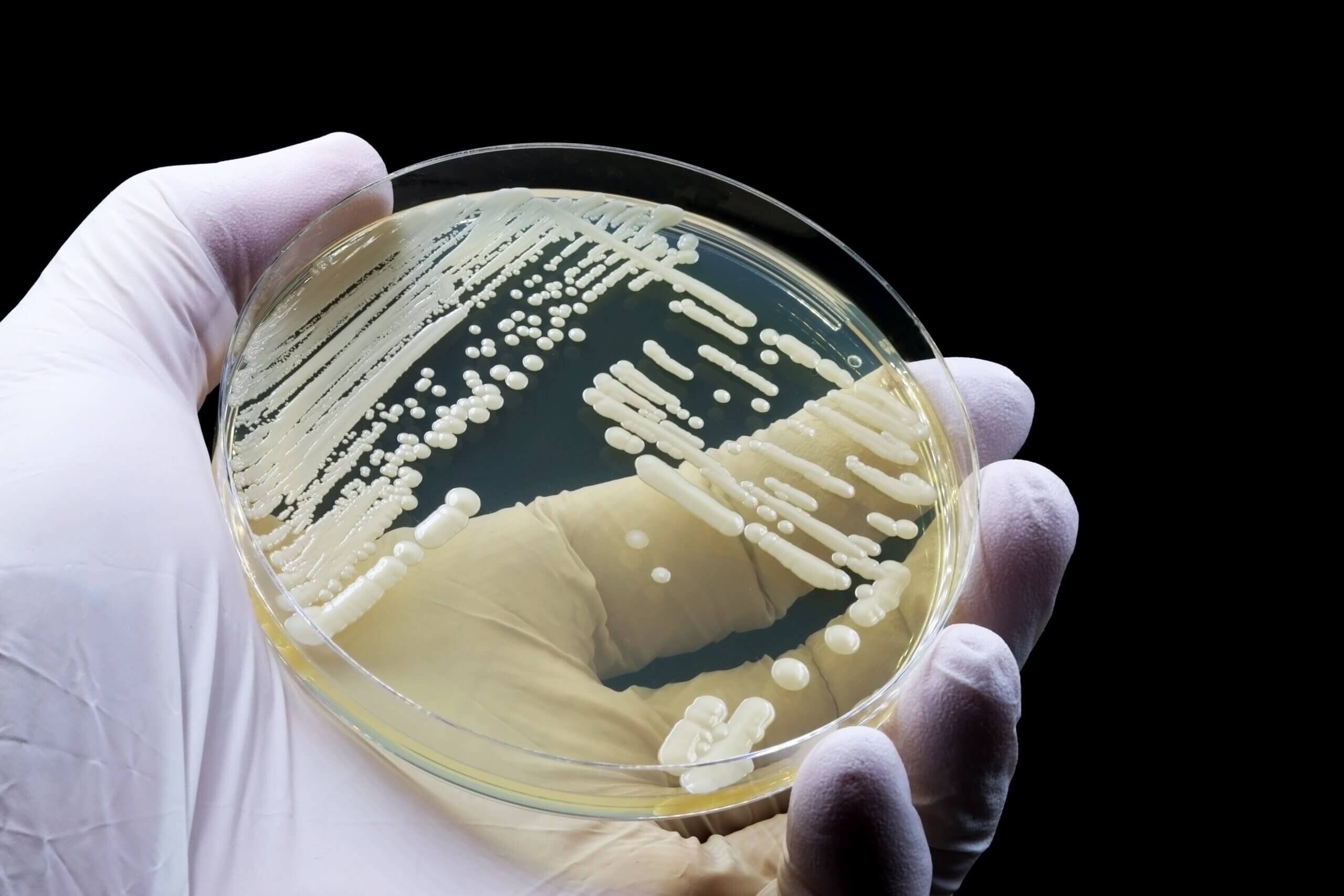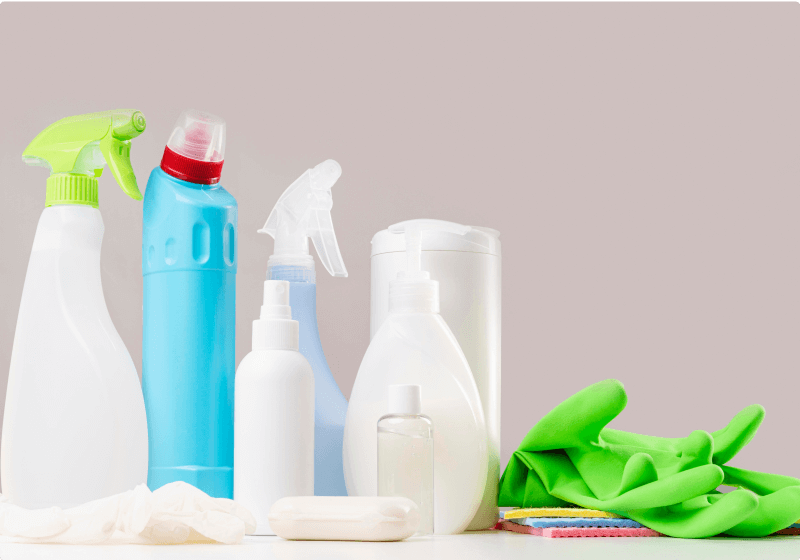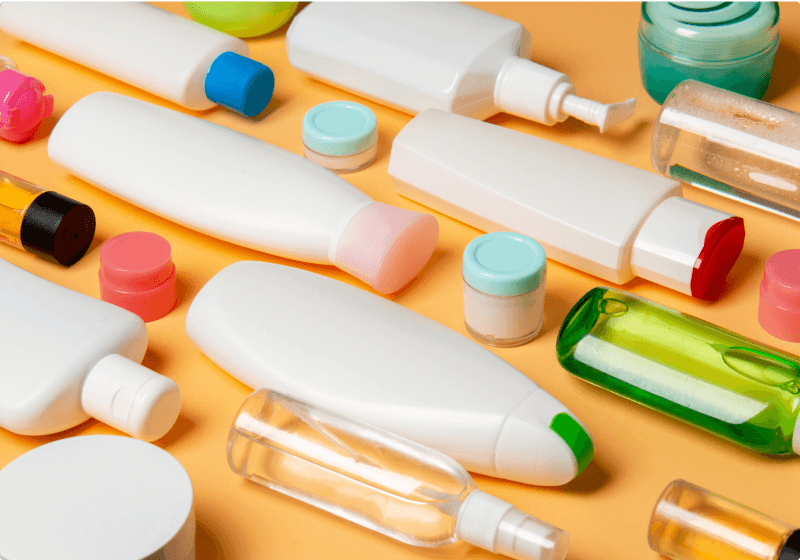Bed bugs are a rising problem in various parts of the world. These pests are not only a nuisance but also are difficult to control. Their excellent hiding abilities and high reproduction rate make it difficult to control them. Thus, it is essential to test the various treatment measures used for their control. This includes lab testing as well as field testing of bedbug biocides. This article will focus on field testing and provide guidelines for choosing optimal field sites that mimic bed bug habitats.
Understanding bed bug habitats
Bed bugs infest areas where humans sleep or rest. Common locations include residences, hotels and motels, public transportation, healthcare facilities, schools and dormitories.
Factors influencing bed bug infestation
- Temperature: Bed bugs prefer warm environments (20-30°C) to thrive well.
- Humidity: They require moderate humidity levels to survive.
- Access to hosts: Proximity to humans is important as bed bugs feed on blood.
- Clutter: More hiding spots facilitate bed bug colonization.
Criteria to select testing sites
- Choose sites which mimic bed bug habitats.
- Make sure to include a mix of residential, commercial, and public buildings. This helps assess biocide performance across different environments. Field testing of bedbug biocides in varied environments also ensures accuracy in results.
- The field testing locations must be easily accessible for researchers. Make sure the site is safe for researchers with minimal risk of health hazards.
- Obtain necessary permissions from property owners or authorities before starting the test.
Setting up the site
- Conduct thorough inspections to confirm bed bug presence before starting the test. Also, ensure to document the infestation levels.
- Collect baseline data to compare pre-and post-treatment conditions.
- Record environmental parameters such as temperature and humidity.
- Isolate the test area using various control measures. This prevents bed bug spread.
- Install traps and monitors to track bed bug activity and biocide effectiveness. These steps ensure effective field testing of bedbug biocides.
Performing the field test
Biocide application: Follow the manufacturer’s instructions while applying the biocide. The treatment must be applied evenly across all sites.
Monitoring and data collection: Depending on the biocide’s mode of action, conduct daily or weekly inspections. Collect and record relevant data that might be necessary for assessing the efficacy of biocide.
Data analysis and interpretation: Analyze the collected data to assess the biocide’s efficacy. Compare pre- and post-treatment bed bug counts. Also, consider any changes in environmental conditions that might affect bed bug behavior.
Challenges in field testing
Variability in bed bug populations
Bed bug populations may vary significantly across different sites, affecting test results. To mitigate this, use a sufficiently large sample size and multiple sites. This approach is vital for reliable field testing of bedbug biocides.
Environmental factors
External factors like temperature and humidity can influence biocide performance. Control these variables as much as possible and account for them in data analysis.
Human factors
Human behavior and movement can affect bed bug distribution and biocide efficacy. Ensure test subjects (if any) are aware of the study and follow guidelines to minimize disruptions.
Interested in learning about lab testing of bed bug biocide, please feel free to read our blog: How Lab Testing Ensures the Safety and Effectiveness of Bed Bug Biocides
At MIS, we perform Field testing of bedbug biocides with utmost accuracy. Our expert team uses advanced methodologies to monitor and analyze bed bug populations in real-world settings. We are committed to providing you with precise and reliable data.
To learn more about our field testing services for bed bug biocides or to schedule a consultation, please contact our specialists today.














